8 Most Annoying Things About PC Gaming
The PC has many advantages as a gaming platform. However, that the popular desktops have some serious flaws. Here are the few things that really get on my nerves in PC gaming.
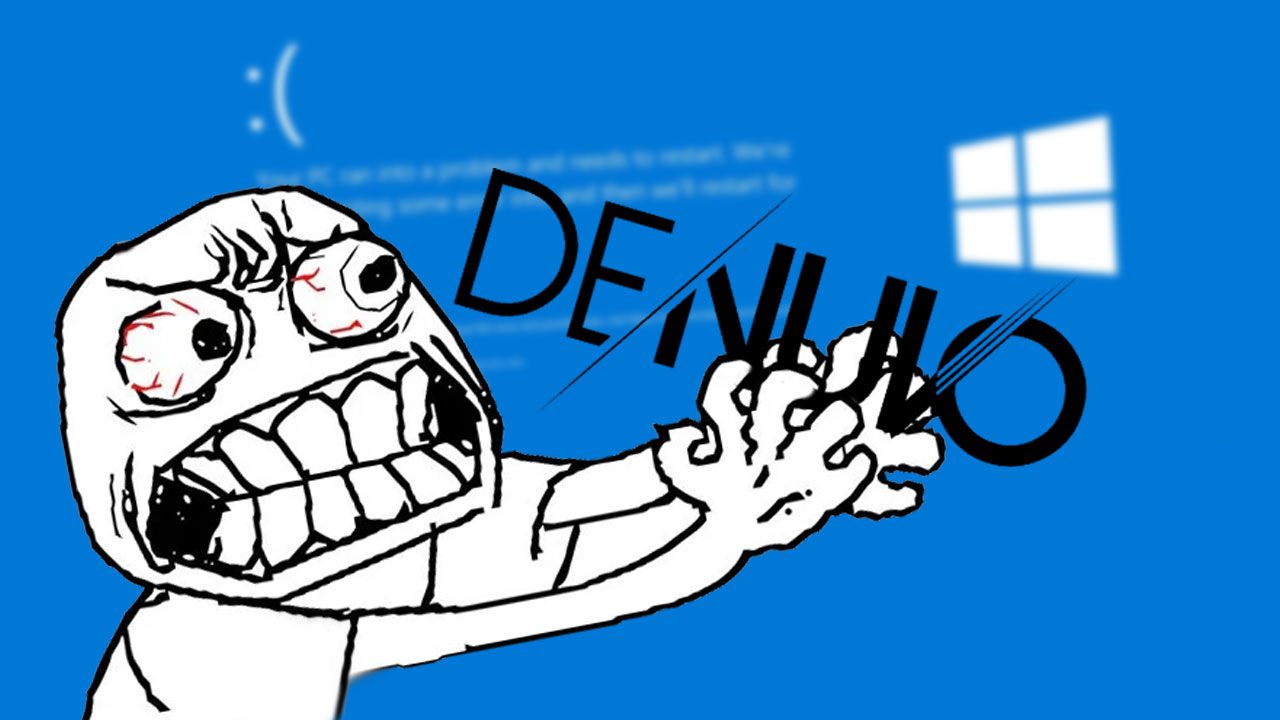
The PC is the most powerful and flexible gaming platform. This is a fact that simply cannot be debated. While there was a period of time in the history of gaming when consoles led the way in terms of performance and innovation, nowadays, and for a good while now, the PC is simply unmatched. If you want performance and graphical bells and whistles, then the PC is the place to be. High-end PCs can outclass consoles in terms of framerate and loading times, not to mention their flexibility in adapting cutting-edge solutions like ray tracing or DLSS. However, this doesn't mean that the PC as a platform has got no issues. To the contrary – there are quite a few things that I find annoying to say the least.
Lousy ports
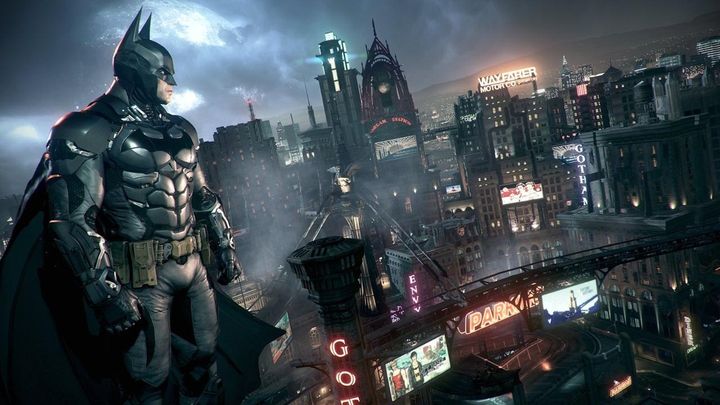
The primary issue that simply cannot go unmentioned is the fact that PC gamers are often treated as second-class players by game developers. One can get the impression that the only thing that matters for some companies is the sheer fact of releasing their work on PC – the issue of quality doesn't really seem to matter.
Batman: Arkham Knight was in such a dismal condition upon PC release that the publisher decided to withdraw the version from sale until the numerous problems had been fixed. The list of "worst PC versions" also includes the first part of the Dark Souls series, which lacked something as elementary as... mouse support – we're not kidding. These are just two examples of a vast sea of flunked PC ports, and unfortunately, it isn't just about the past – recently, Resident Evil Village proved quite problematic for the lot sometimes referred to as PCMR.
The biggest problem with PC ports is usually lack of optimization, making these games run poorly even on hardware exceeding the minimal system specs. Other times, basic functions are missing, such as 16:10 support, or possibility to adjust the field of view.
Some of the problems of poor PC releases are solved by modders, some require patches, while others are never eliminated.
Launchers
Another extremely annoying thing about the PC that's completely exclusive to the platform, are countless launchers, clients and other apps that we have to boot in order to start our favorite game. You could be juggling Steam, Origin, Ubisoft Connect, Xbox App, Epic Games Launcher, Battle.net, GOG Galaxy...
There are several problems with this. First of all, we have to keep it all on the disk, whose space can be quite limited (especially since most of these programs, in addition to the main directory, are also stuffed into hidden system folders like AppData). Then you have to actually remember which platform you run the game on; launching each takes a while, you need login credentials, which aren't always there, and things go out of hand quickly. Third, there's a matter of resources – each of these apps requires a bit of processing power, so if you want to launch them all at boot, it might lengthen your PC booting time by several moments. Fourth, if we want to play multiplayer games with friends, we often have to take into account the platform they play, because we can not always count on cross-play support between different stores, which is utterly detestable. It's not uncommon for people to buy a game the second time just to be able to play with friends. Lastly, it's quite simply annoying.
There are ways to combat that, for example Steam allows to adding games from other stores to the launcher, and GOG Galaxy 2.0 comes with such option as default, conveniently gathering all your games together. That's great and all, but these are just ways of bypassing the problem, not solving it. And it can get irksome. Try running Epic Store's Star Wars: Battlefront 2 through GOG Galaxy 2.0. Doable? Yes! But what's funny is what happens next: GOG will launch the EGS, which will launch Origin, which will launch the game... Is there a pilot on board? It's quite remarkable. We're using the most advanced tech in history of humanity, yet we cannot agree on unified way to launch games.
Windows' caprices
Sunday afternoon, a few hours of peace and quiet between dinner and an evening with family. The baby's asleep, the dog's weirdly silent, celestial bodies align properly, it seems we have an hour or maybe even two entirely for ourselves. We turn the computer on... And it turns out Windows has other plans – an error screen, or framerate so low you can barely move. We are all familiar with this scenario, even if some parts of it change.
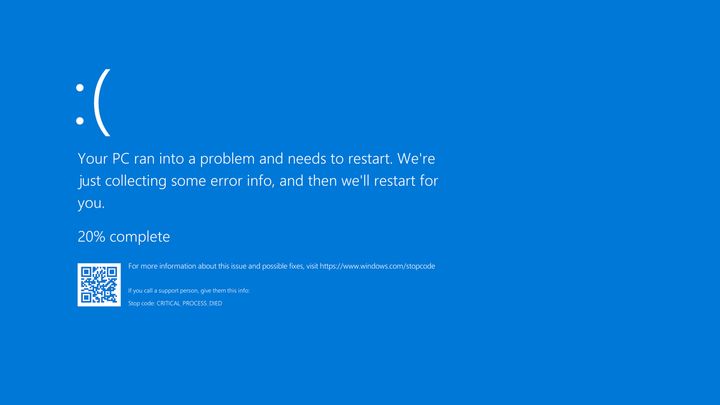
Not to mention the super urgent updates, or anti-virus scans. In still other cases, the culprit is mysteriously shrinking space on the system partition, resulting in a sudden lack of space for anything and a constant grinding of the disk, which unsuccessfully tries to shove one more file somewhere.
I'm aware, of course, that many of these things can be changed, adjusted, prevented – but let's face it, we often only address such things when they start causing us problems, not before. What's more, there are some "bugs" and Windows ailments that simply can't be omitted. Console gamers have no such problems – they just plug and play.
Back compatibility
Backwards compatibility has been quite the selling point for consoles lately, even though the term is almost as old as gaming itself. Bah! PCs can run anything that was ever published. Right? Well... sort of, except... not really.
You see, in theory, back compatibility is by default available on PC. But it's also one of those things that you can only see if it works once you actually try it.
And unfortunately, it's easy to get disappointed. Some things don't work at all, others require installing some outdated libraries and drivers. Sometimes, games that launch properly run a few times faster than they should.
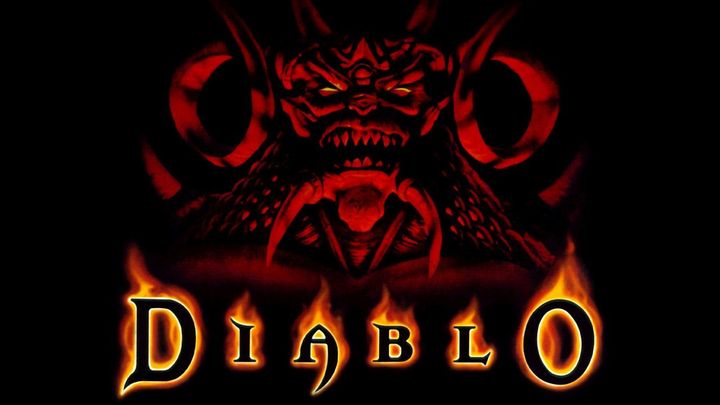
In short – you can certainly run many games on computers, but not all of them, and not as effortlessly as we'd like. It also happens that our favorite classic simply doesn't work. Sometimes, a problem like that can be circumvented by various reissues, re-releases or remasters (of course, this entails additional expenses, and often not inconsiderable ones). But some games are lost forever.
Drivers and hardware conflicts
PC players blush in envy when they think about console players carelessly launching their gaming boxes, paying no heed to any of the technical stuff. Installing drivers, extra packs, libraries, and all the wonders that a PC uses to run modern computer games.
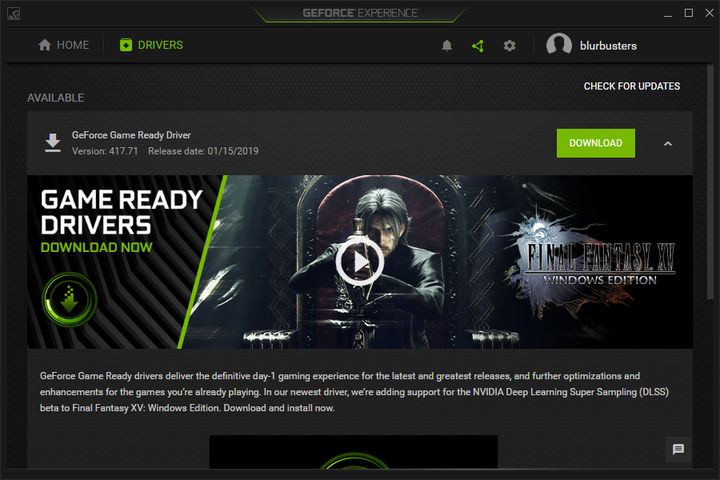
On top of that, consoles don't have potentially conflicting hardware. Similar problems may not happen very often on PC, but when they do, they can be a real nuisance. Examples? Straight from life. The first PC I had was running on a Riva TNT2, which didn't want to run no matter what I tried. The problem was OS-related and eventually went away with one of the updates – but for a few months, I had a gaming PC that was good for everything except games. The second example is more contemporary and involves gaming headphones – one popular and relatively new model regularly went silent, played audio incorrectly, or froze its software. In this case, the cure turned out to be plugging the headset into the USB port on the monitor, not the case.
There are a whole bunch of stories like this, even if they don't happen regularly and don't bother every user. Playing PC games can really be like sprinting through a minefield. And after all, this hobby is not about finding extra reasons to vex over.
Cheaters
Another term besides backward compatibility that has become very popular in recent years is so-called cross-play, meaning the ability to play a given title together with users of other platforms. It's an extremely good idea, especially when combined with other features like cross-save (saving your progress in such a way that you can use the same saves on several different devices).
Unfortunately, while cross-play works well between consoles, it often loses a lot of meaning – or even the sense of existence – when PC gamers are included in the mix. The servers, especially in free-to-play games, quickly become swarmed with all sorts of cheaters who make the fun miserable for the rest. In some cases, the problem is so bad that console players are openly encouraging their friends to disable cross-play in the game menu.
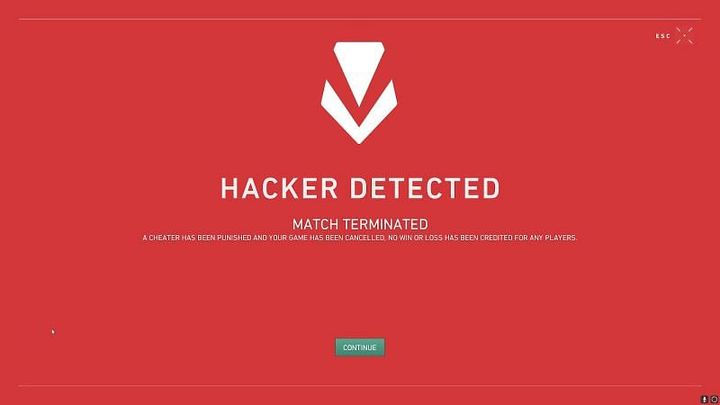
The problem stems directly from the open nature of PCs and the fact that their users can tamper with game files at will. Developers try to counter this by creating special tools and programs, but these in turn bring with them a whole range of other inconveniences – for example, Vanguard (Valorant) works at the level of the operating system kernel and in the past was able to block users' computers and disable important programs that had nothing to do with the game or cheats.
Piracy and its consequences
PCs are also considered to be the platform through which online piracy flourishes the most. You might argue that it doesn't influence those players, who pay for the games they play. But that's not the case. Piracy always damages the entire platform it's concerned with, as was the case with Android, as well as PC. We talked about the PC being sort of a neglected platform (the problem was much more pronounced in late 2000s) – and generally, the original reason for this was piracy – publishers preferred console exclusives, as they were harder to pirate, and thus more profitable.
On top of that, "godsends" such as Denuvo are also rooted in the problem of piracy. And although the creators of the latter claim that it doesn't affect the performance of games, tests conducted by independent experts proved otherwise.
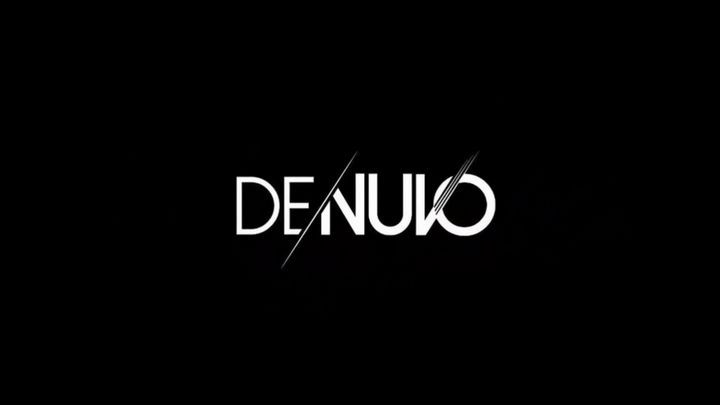
Hardware prices
Finally, we have a very contemporary problem. We are, of course, talking about hardware prices, which are now reaching absurdly high levels. A middle-of-the-road GPU such as GTX 1660 currently costs from about $500 to $800, i.e. more than in 2019, when it was released, and about as much as you have to pay for an entire PlayStation 5 digital. And remember, we're talking mid-range GPU, not even close to the cutting-edge. Let's not even talk about the remaining components that such a GPU needs to work. You can easily buy a used Civic (perhaps a couple) for the price of a gaming PC.
To be clear – console players haven't had it easy lately either. Due to availability issues, acquiring a PlayStation 5 at a price close to the MSRP isn't that easy. When it's available, people usually pay extra, especially on markets outside US. The obvious difference is that once you manage to get a PS5, you have everything you need to play without any fuss, at a much lower price than you'd have to pay for a PC with RTX 3000 Radeon RX 6000 on board
Over time, the situation is bound to change and hardware prices will return to more reasonable levels. But it's worth bearing in mind that even in normal circumstances, buying a console is less budget-intensive than getting even a decent gaming rig. PCs are a great platform – despite the drawbacks – but they're not cheap.